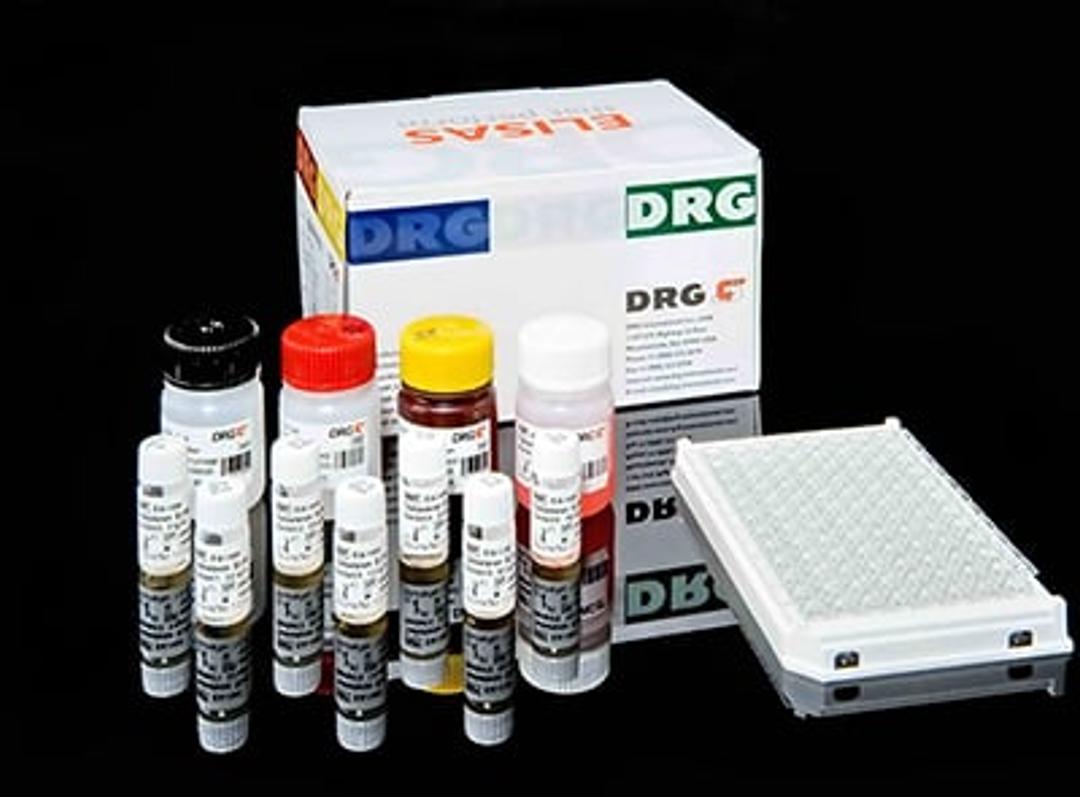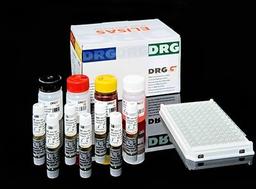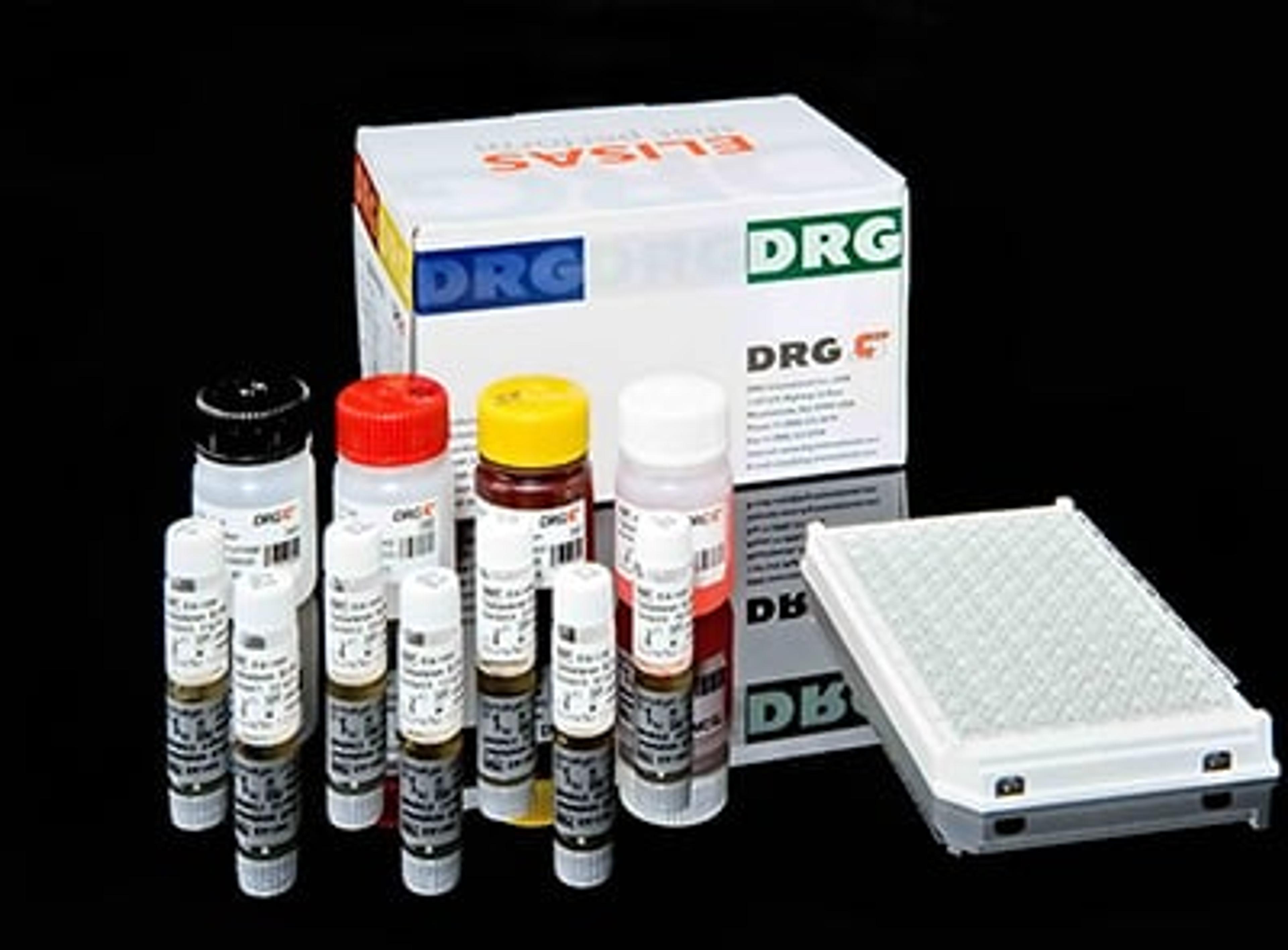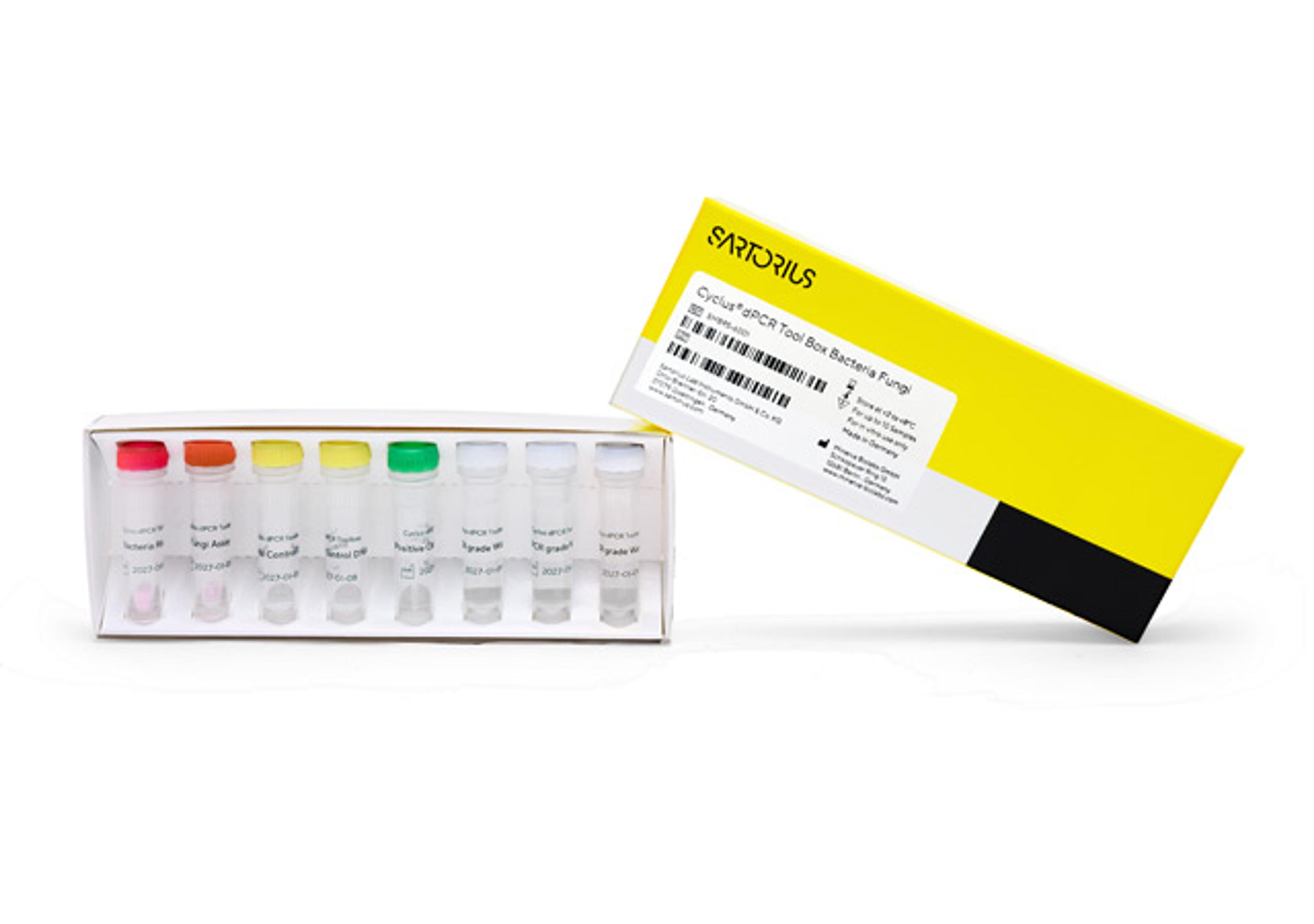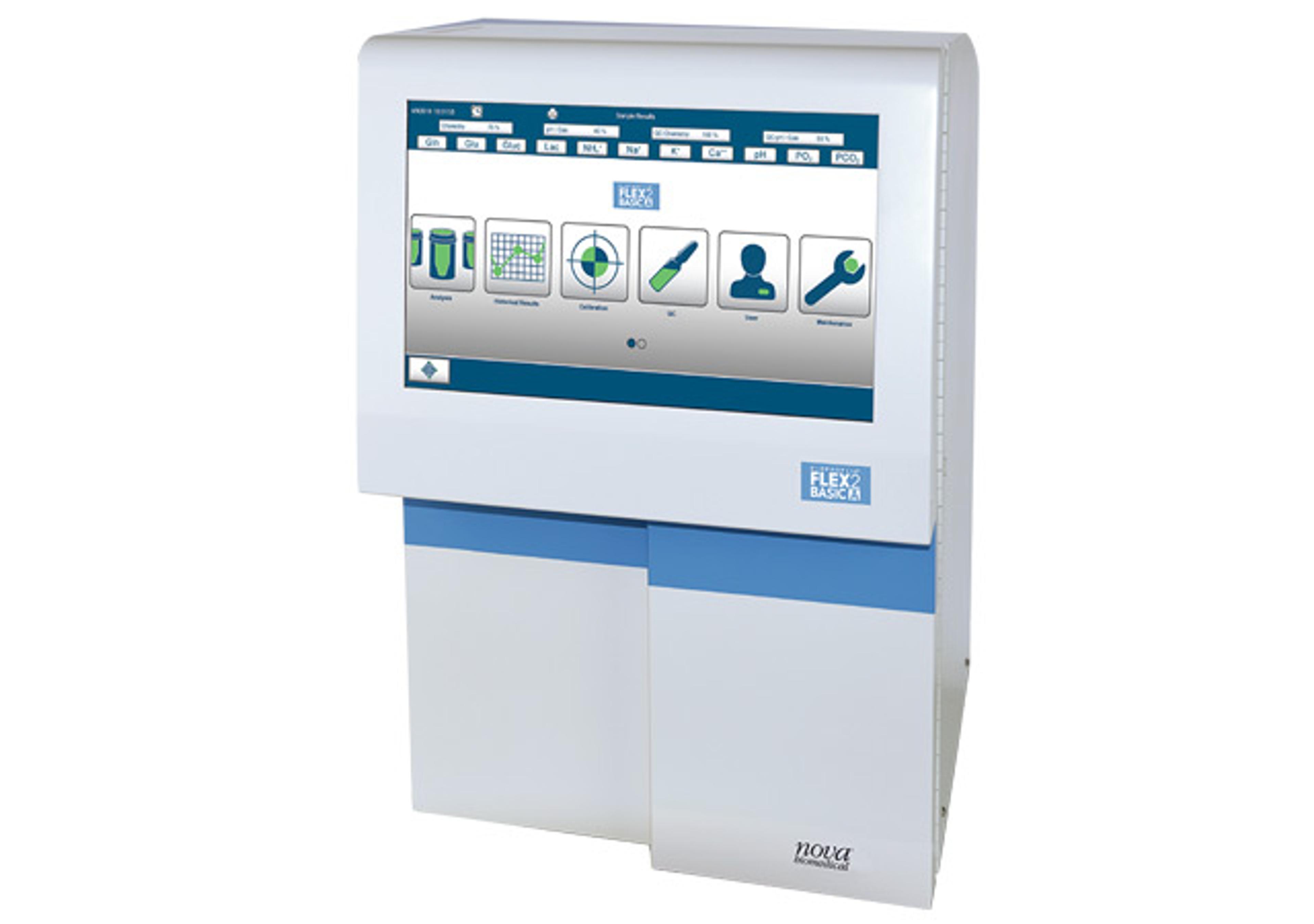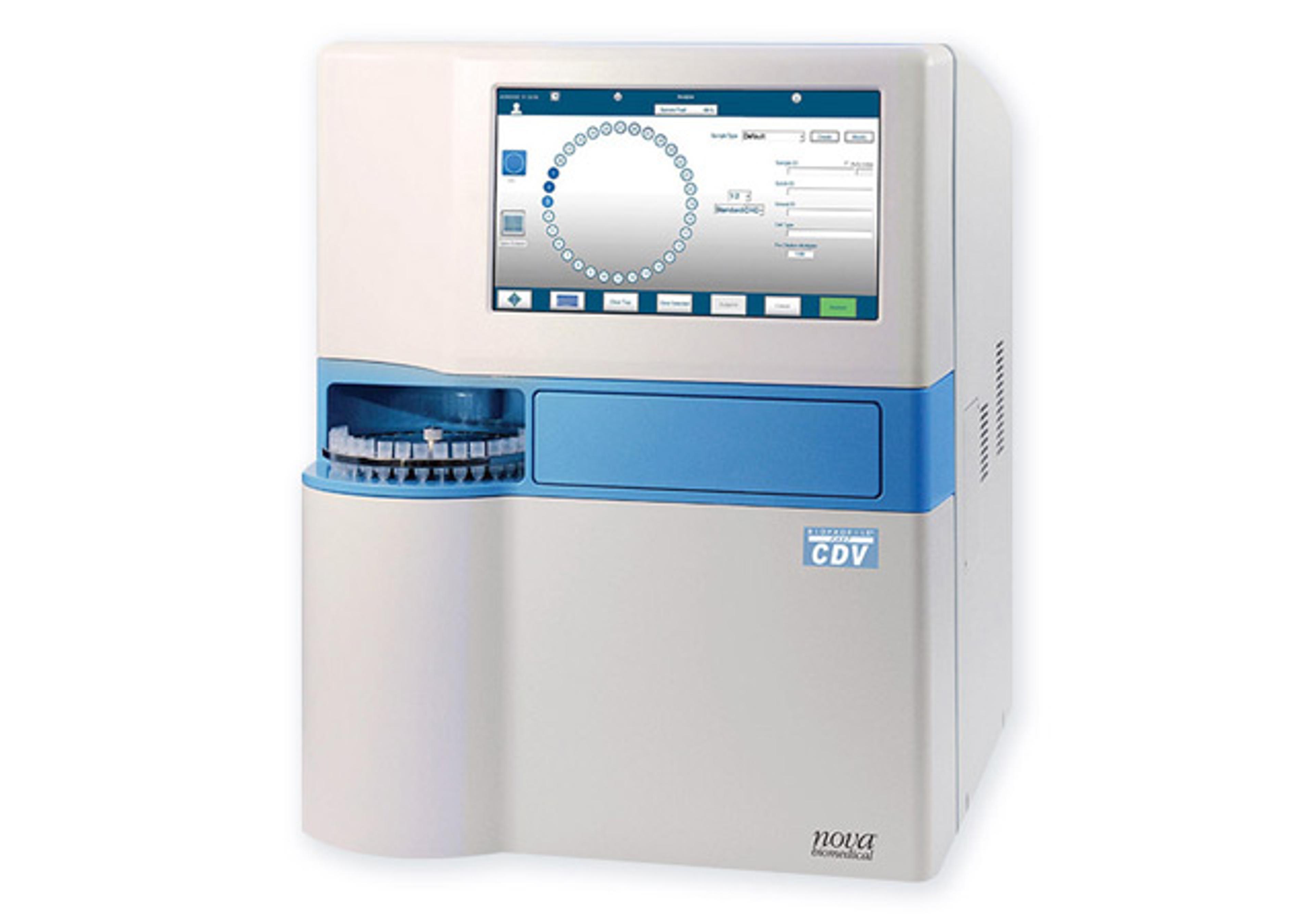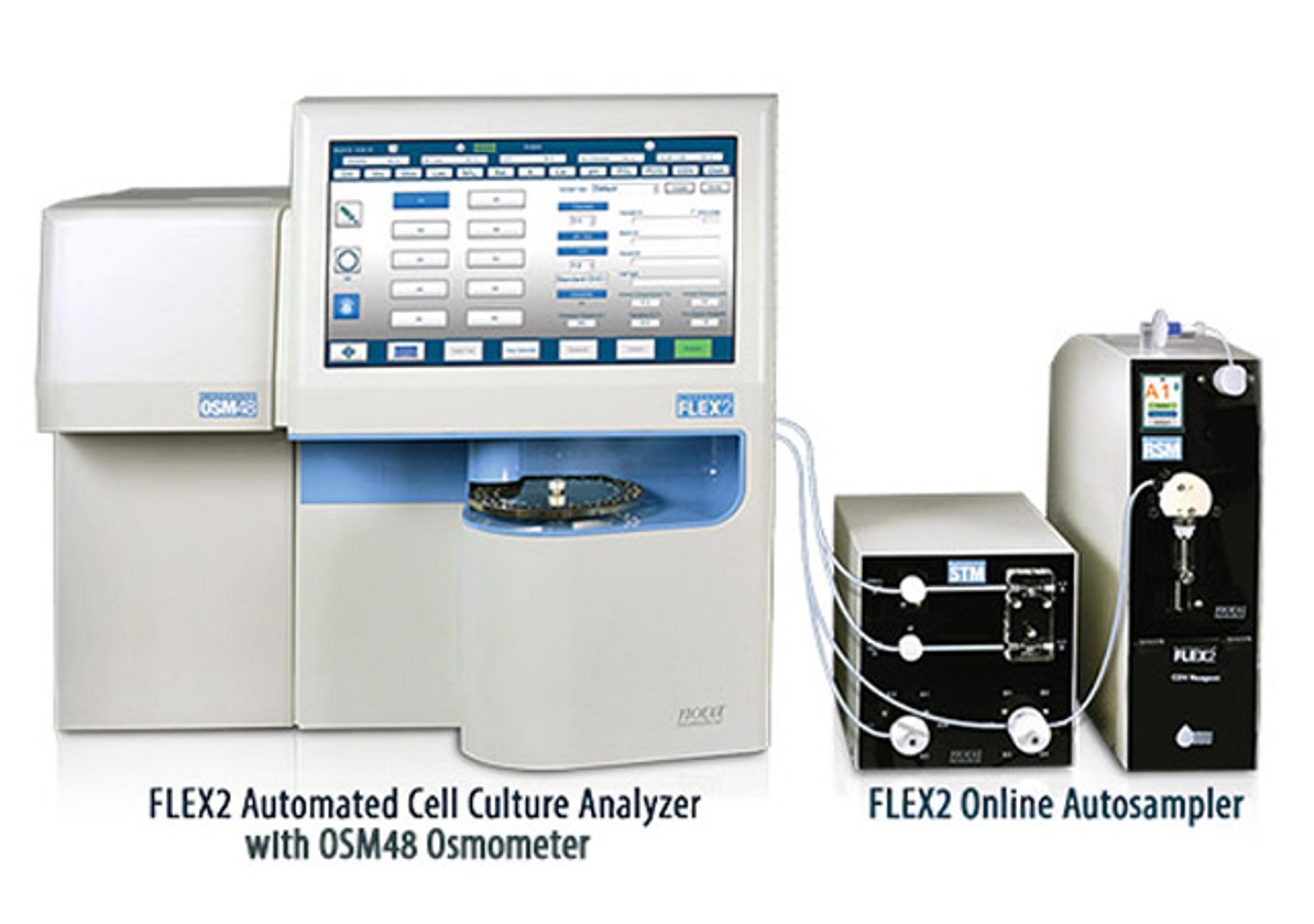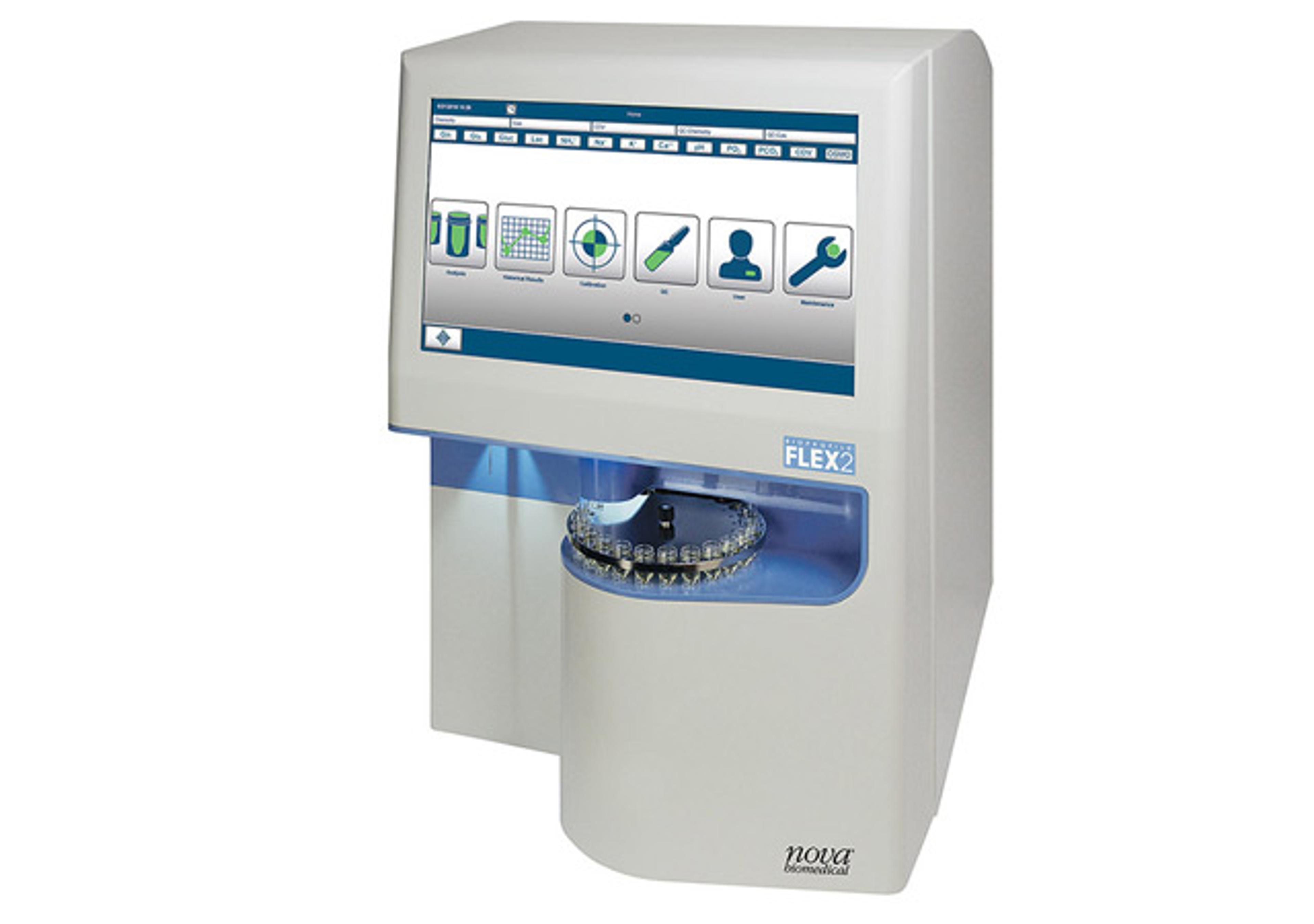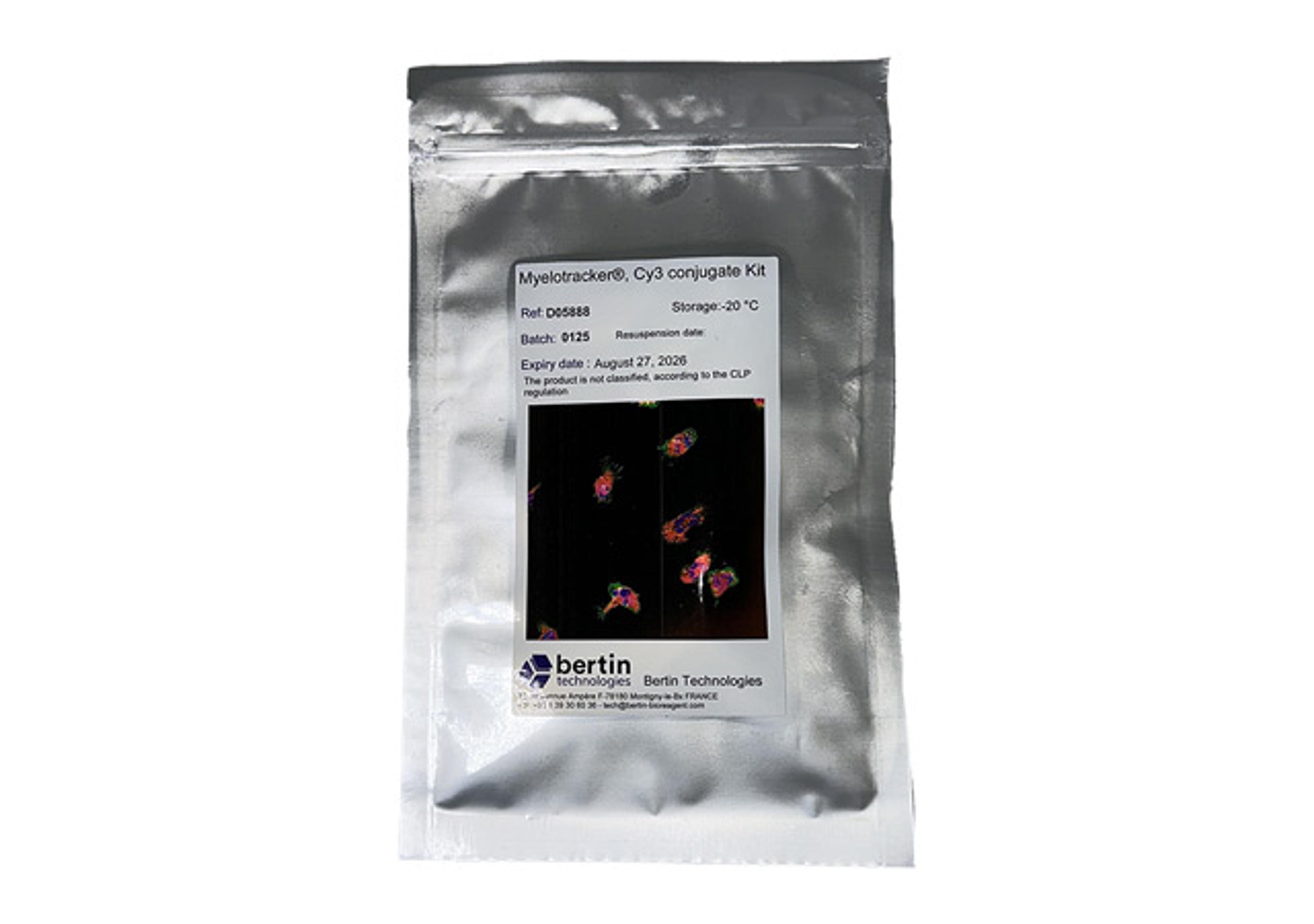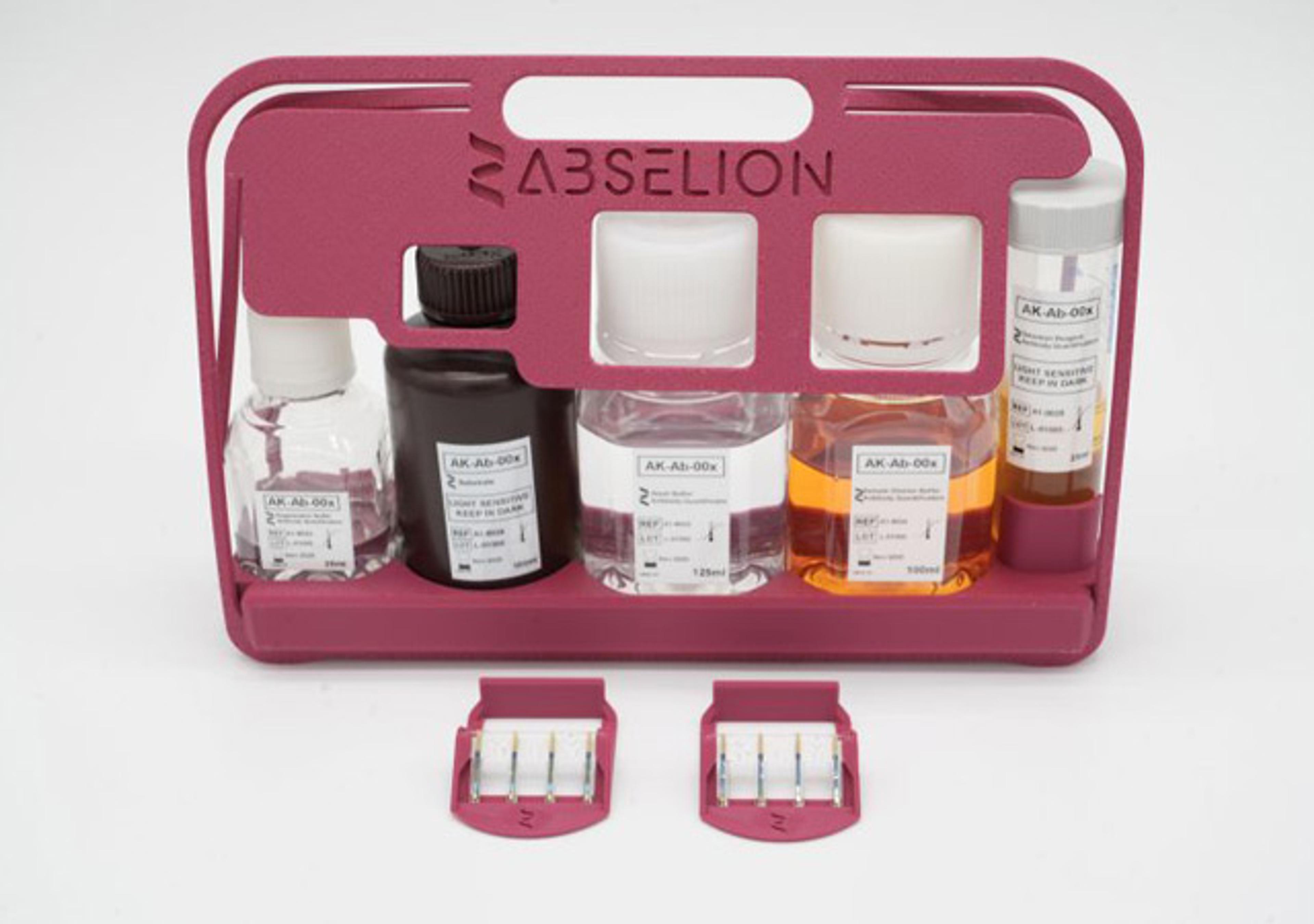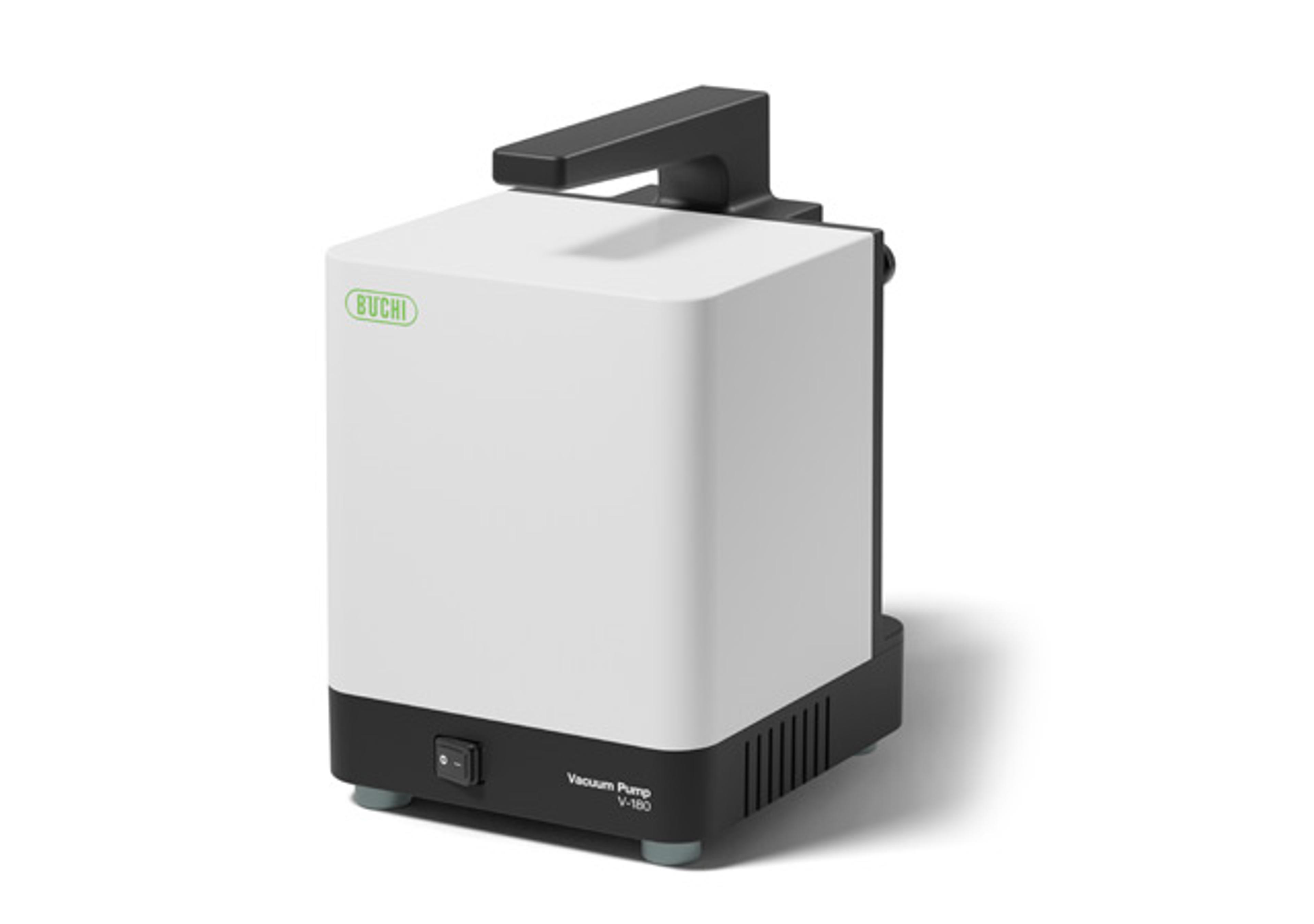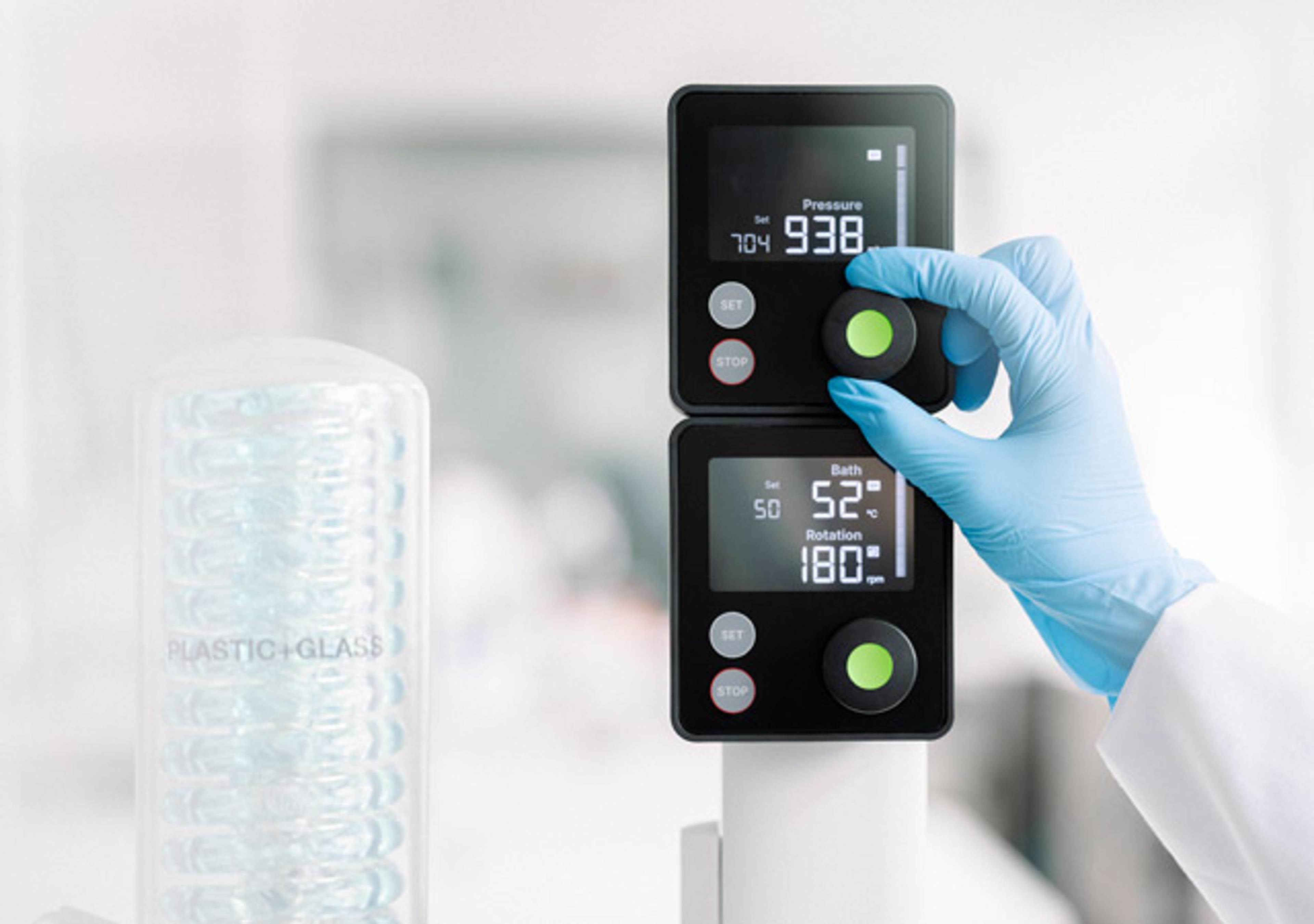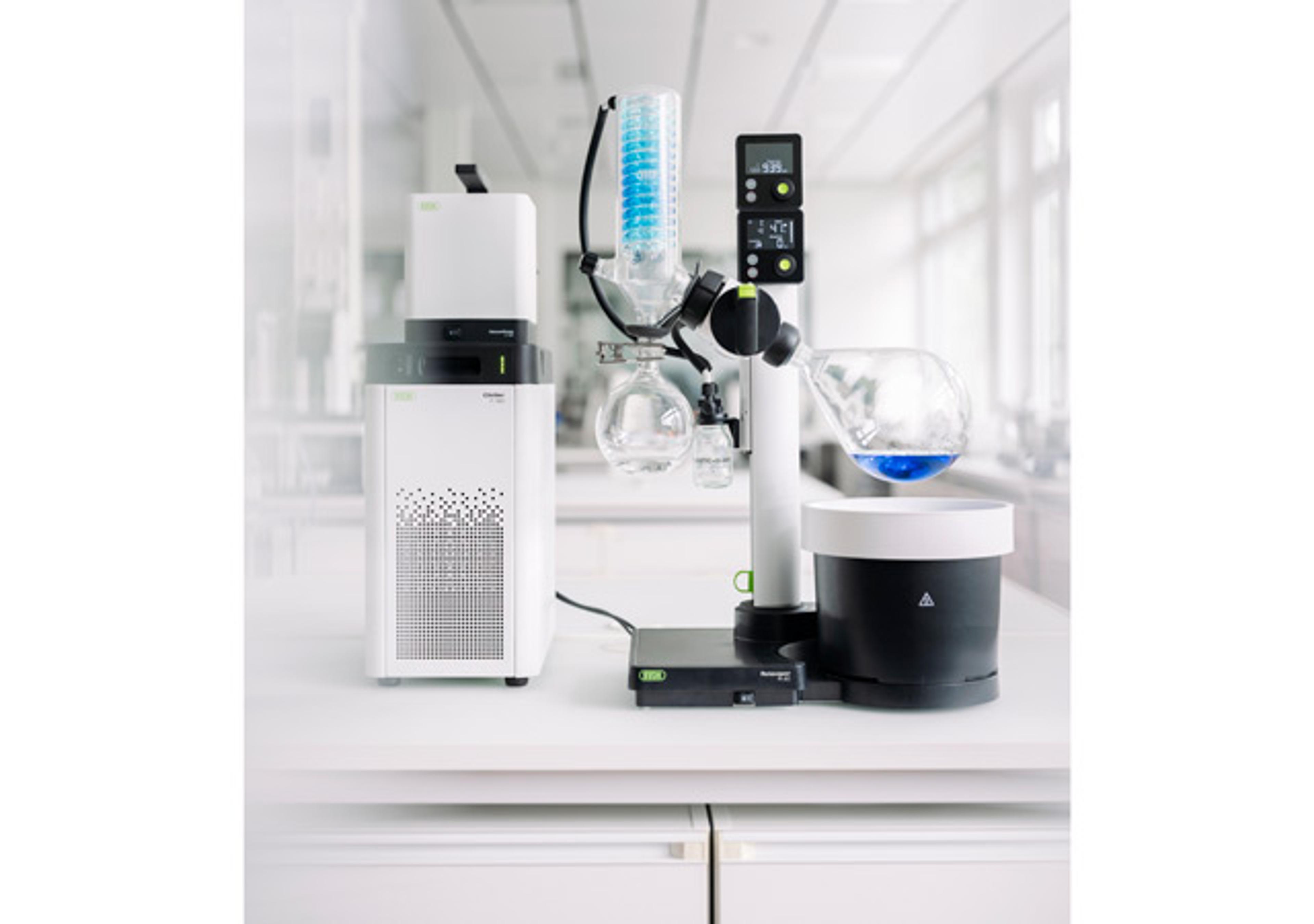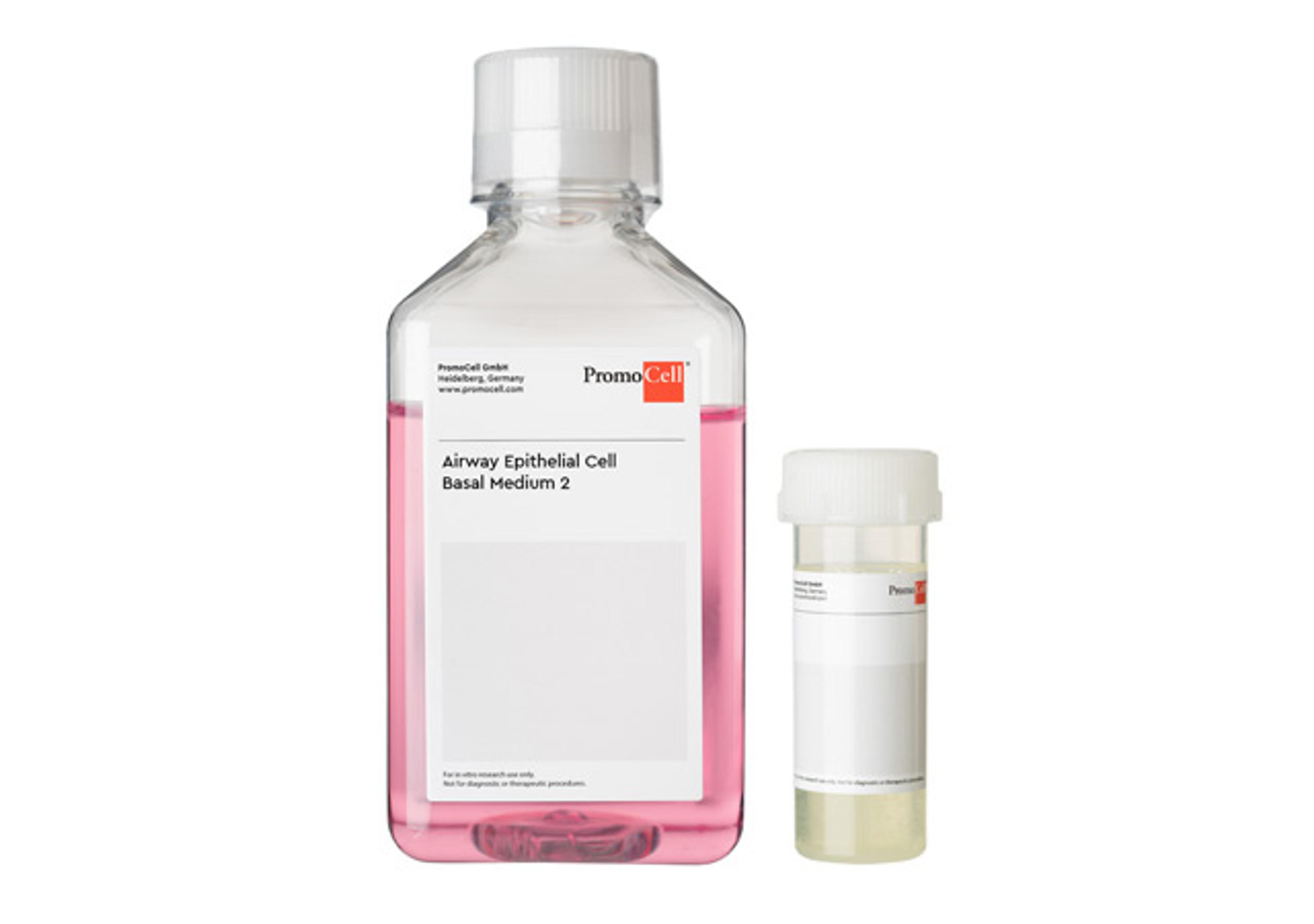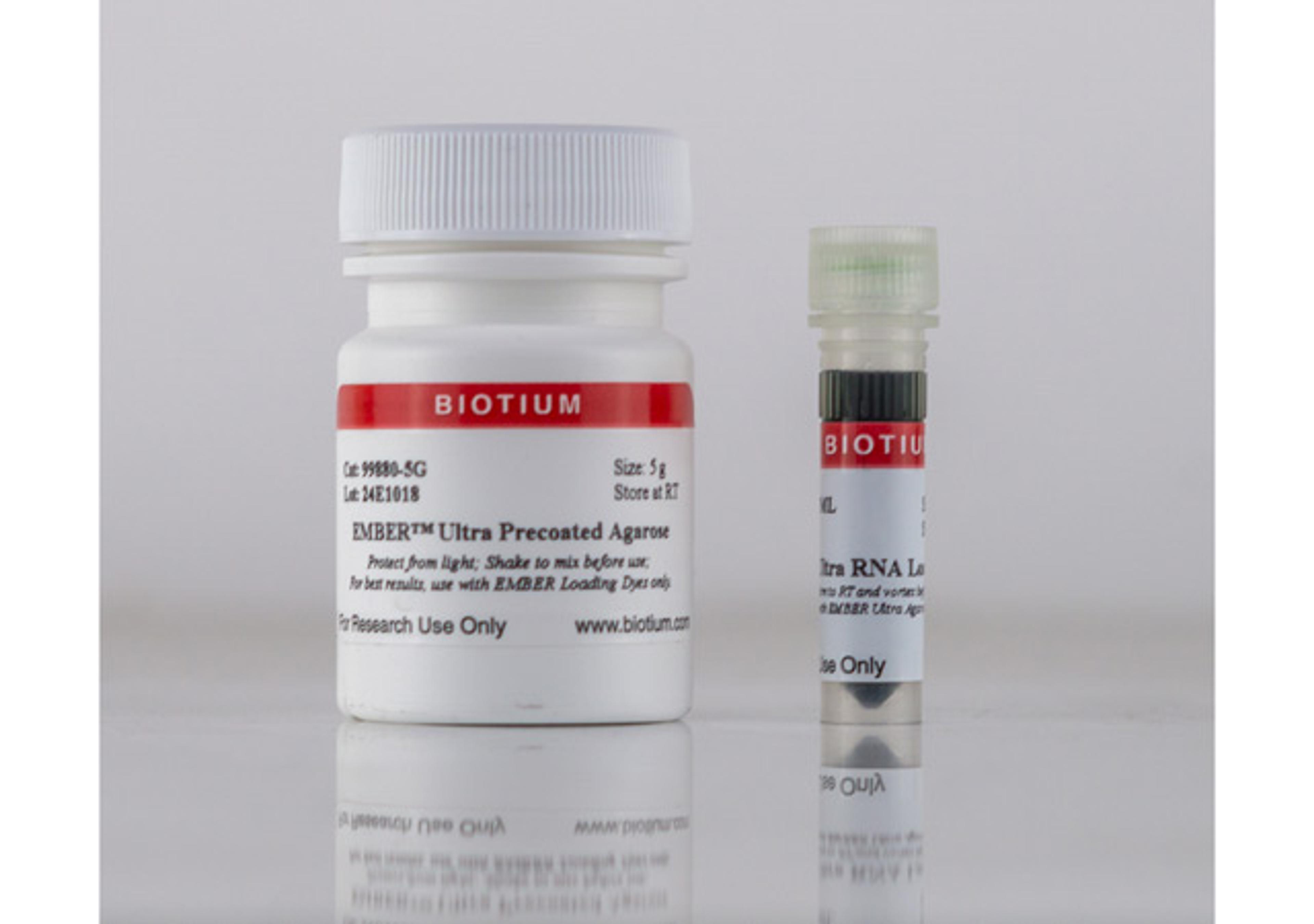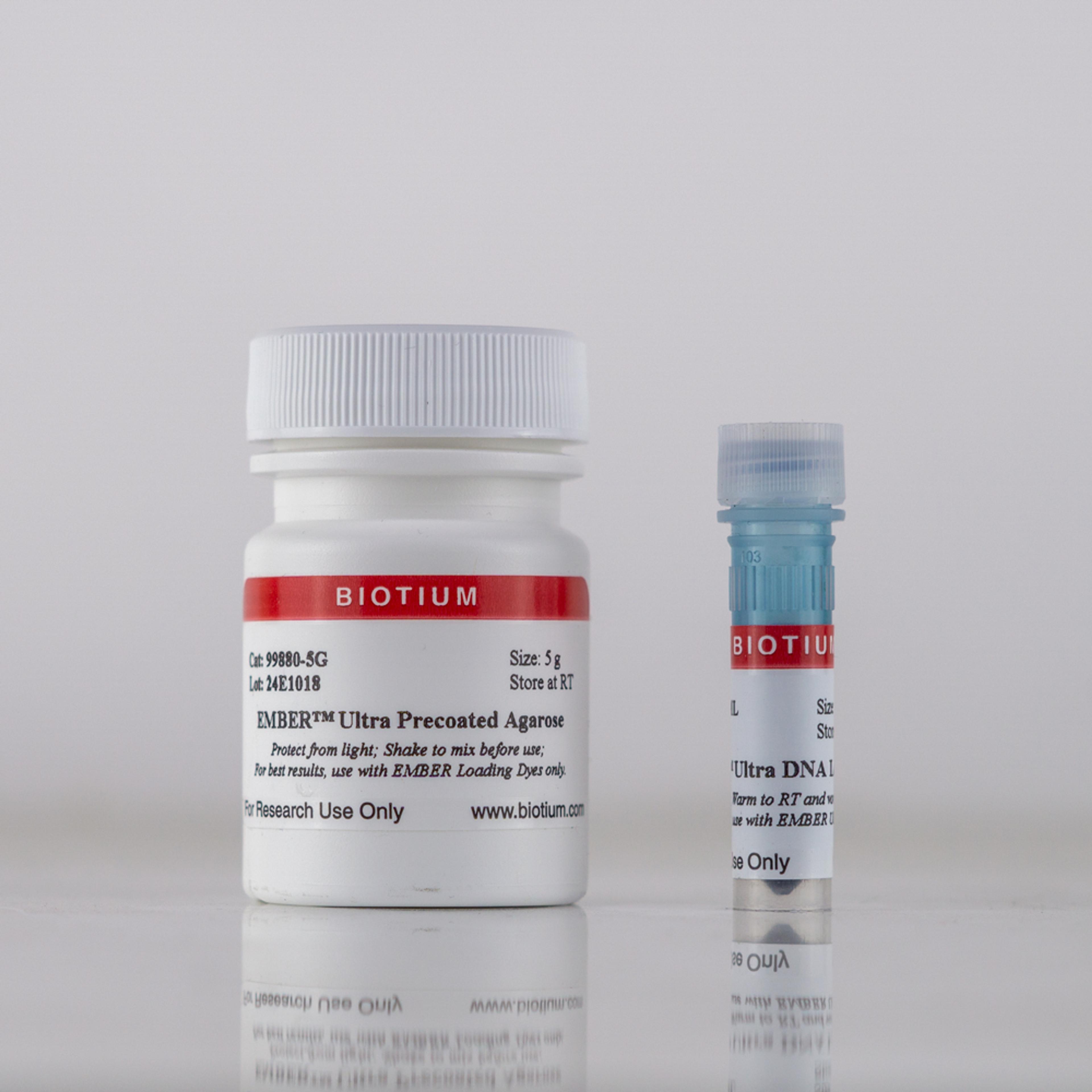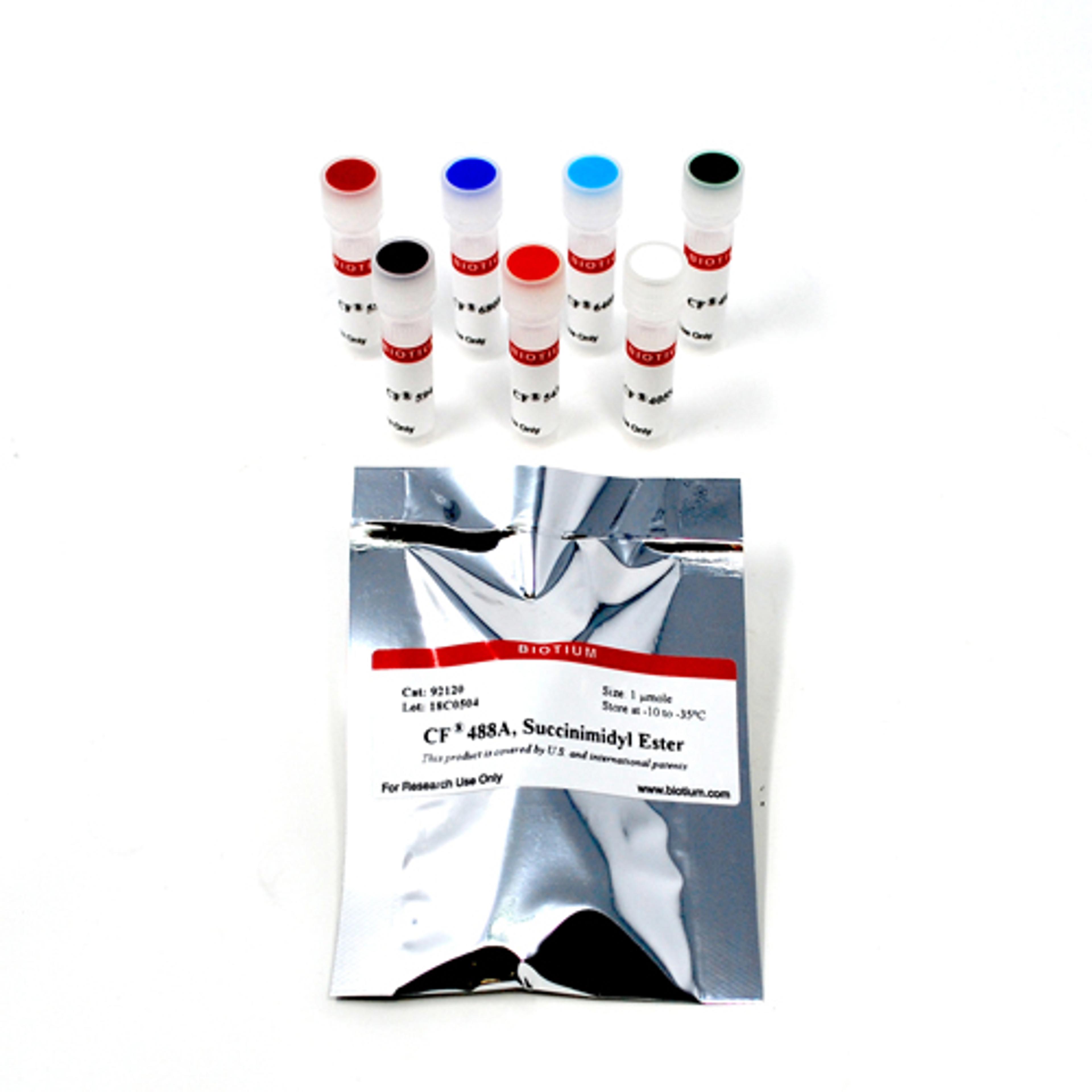PMN Elastase
High Quality Assays with Reproducible and Reliable Results

The supplier does not provide quotations for this product through SelectScience. You can search for similar products in our Product Directory.
The human PMN Elastase ELISA is an enzyme-linked immunosorbent assay for the quantitative detection of human PMN elastase.The human PMN elastase ELISA is for in vitro diagnostic use. Not for use in therapeutic procedures.The human organism reacts with an inflammatory response to attacks of invading pathogens (microorganisms and viruses) or damaged tissue (after accidents or surgery). Polymorphonuclear (PMN) granulocytes play an important role as primary defence cells in this inflammatory reaction. Different bloodstream mediators (cytokines, leukotrienes, complement factors, bacterial endotoxins, clotting and fibrinolysis factors) attract and stimulate these cells to phagocytize and destroy not naturally occurring agents. PMN granulocytes use proteinases to digest these agents and tissue debris. One of these proteinases is PMN elastase which is localised in the azurophilic granules of the polymorphonuclear granulocytes. During phagocytosis of foreign substances these enzymes are also partially excreted into the extracellular surrounding, where the activity of PMN elastase is regulated by inhibitors (esp. the a1-proteinase inhibitor, a1-PI). An overwhelming release of PMN elastase, however, can exceed the inhibitory potential of the a1-proteinaseinhibitor. Thus, enzymatically active PMN elastase, together with simultaneously produced oxidants (O2-radicals, H2O2, OH-radicals), can cause local tissue injury. Due to the bloodstream and lymphatic system, however, a1-PI is delivered subsequently and eventually able to form a complex with all excreted elastase. Therefore, the concentration of the PMN elastase/a1-PI complex correlates with the released PMN elastase and can be used as a measure for the activity of granulocytes during an inflammatory response. Primarily, determinations of PMN elastase find its application in observation of the course of trauma, shock and sepsis. Further indications are the areas of hemodialysis, infections by obstetrics, joint diseases, effusions of sport injuries, intestinal affection, pancreatitis, cystic fibrosis and male adnex affections.An anti-human PMN elastase coating antibody is adsorbed onto microwells. Human PMN elastase present in the sample or standard binds to antibodies adsorbed to the microwells.Following incubation unbound biological components are removed during a wash step and a HRP-conjugated anti-a1-PI antibody is added and binds to human PMN elastase/a1-PI complex captured by the first antibody. Following incubation unbound HRP-conjugated anti-a1-PI antibody is removed during a wash step, and substrate solution reactive withHRP is added to the wells. A coloured product is formed in proportion to the amount of human PMN elastase present in the sample or standard. The reaction is terminated by addition of acid and absorbance is measured at 450 nm. A standard curve is prepared from 7 human PMN elastase standard dilutions and human PMN elastase concentration determined.

